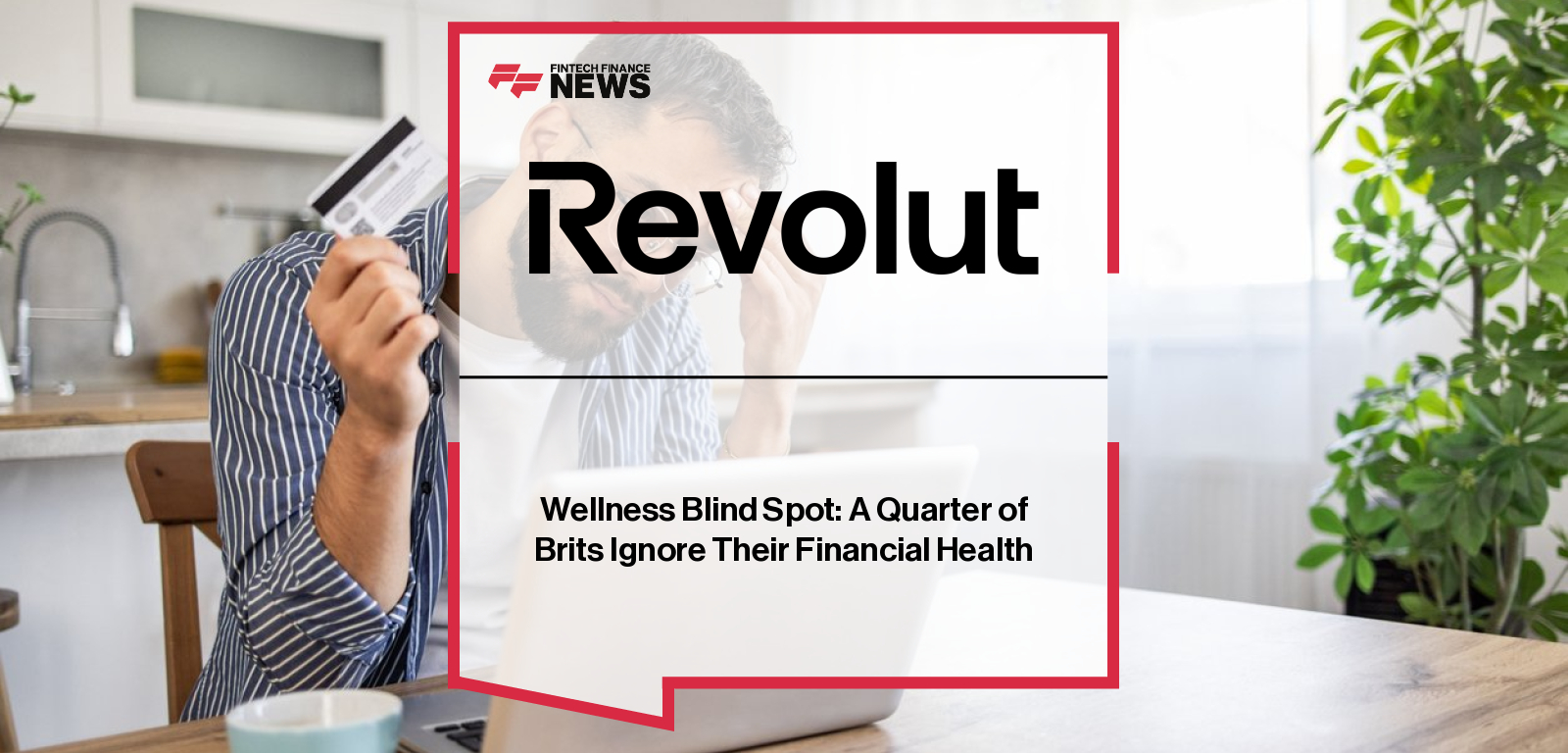Breaking News

Wellness Blind Spot: A Quarter of Brits Ignore Their Financial Health
New research from Revolut, the global fintech with over 12 million customers in the UK, shows that while the wellness conversation is dominated by mental and physical health, financial wellbeing is largely absent – despite its direct impact on stress and overall wellness.
The study of 2,000 consumers across the country found that 27% of Brits don’t consider financial wellbeing when thinking about wellness, even though 70% admit their financial situation directly affects their mental health.
Generationally, the impact is stark. Gen Z are spending nearly half the year – around 168 days – feeling stressed and overwhelmed by money, with Millennials not far behind at 156 days. The toll is felt across genders too, with men losing the equivalent of four months each year to financial stress, and women closer to five.
When it comes to investing in wellbeing, Brits are more likely to put time, money and energy into nutrition and food (71%) than their finances. In fact, 35% of Brits commit minimal or no investment in financial planning or saving – a figure rising to 45% among Gen X.
The study also reveals a demand for openness among younger generations, with a quarter (24%) of Millennials believing more open conversations about money would most improve their financial wellbeing, compared to a national average of 15%.
Tara Massoudi, General Manager of Premium Products at Revolut, commented: “When we talk about wellness, financial health is often missing from the picture. But as our research shows, money worries weigh heavily on people’s mental wellbeing – often as much as diet, exercise or sleep. We want to help change that conversation. With simple, accessible tools – from automatic salary sorting and budgeting support to smart spending analytics – we help people feel more in control of their money. The result is less stress, stronger financial habits, and financial wellbeing becoming a natural part of the wider wellness conversation.”
Even at the UK’s average salary (£35,001–£45,000), 75% report money directly impacts their mental wellbeing — but paradoxically, it’s even worse for high earners, with 81% of those earning over £100,000 also feeling the strain. It reveals that financial pressure grows with income, driven not just by basic needs but by expectations, lifestyle demands, and greater responsibilities.
The findings reinforce the need to place financial wellbeing firmly within the broader wellness agenda – not only as a driver of stability, but as a cornerstone of mental health and quality of life.
People In This Post
Companies In This Post
- Finance Platform LemFi Launches Remittance Services in Australia as Global Expansion Continues Read more
- Cytora and Altitude Intelligence Partner to Embed Advanced Geospatial and Climate Risk Intelligence into Insurance Workflows Read more
- Visa Acceptance Platform Now Supports Tap to Pay on iPhone, Boosting Contactless Acceptance for Merchants Read more
- How Google Is Helping Fintechs Navigate Regulation and Innovation Read more
- DataHaven on What Truly Defines a Real Insurance Technology Partner Read more



















